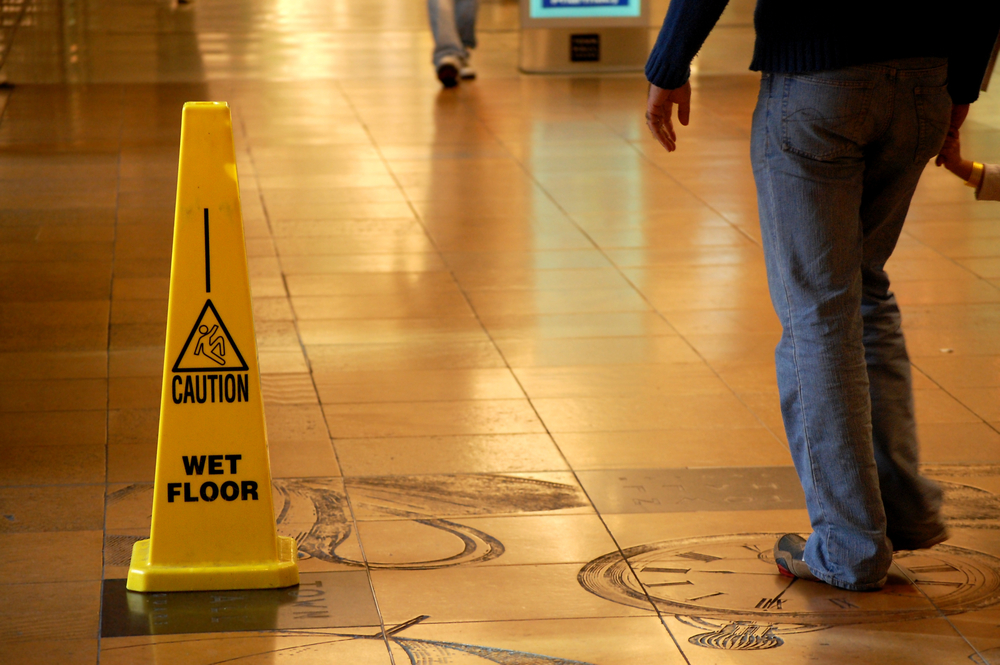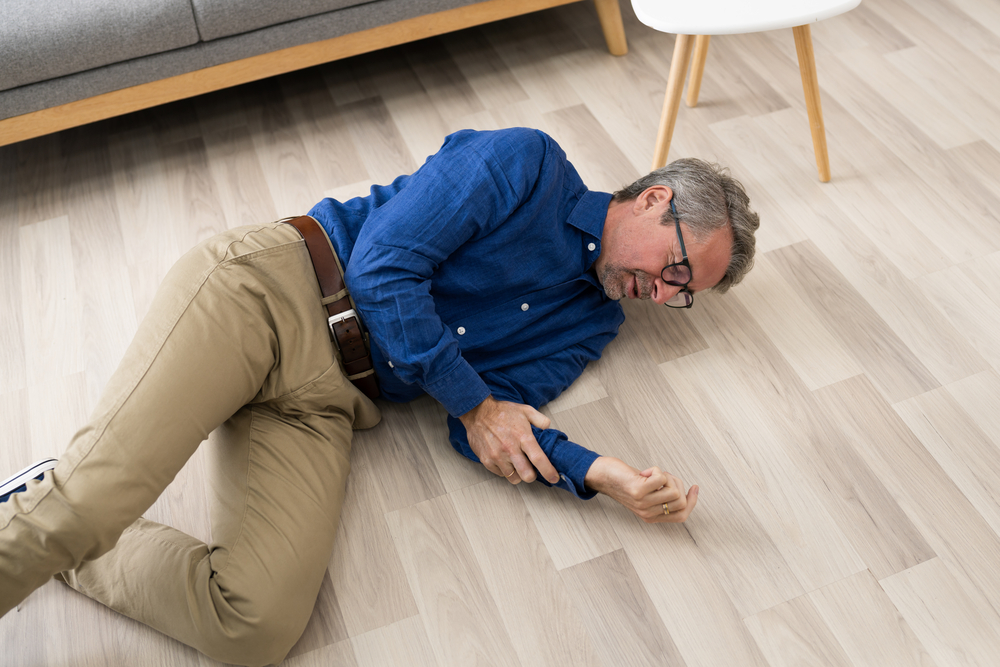Slip and fall accidents may take place at work, while shopping, at a public place, or just about anywhere. Unfortunately, dealing with injuries resulting from slips and falls cause can not only be traumatic, but expensive as well. Besides, such accidents may also have an effect on how injured parties take care of themselves and their families. Fortunately, slip and fall accident victims may be within their rights to seek compensation. In any such situation, knowing what steps to follow and what to expect increases the likelihood of success.
8 Steps to Follow
While injured parties have the right to seek compensation for slip and fall accidents, property owners and insurance companies might dispute their claims or try to bring down the compensation amount. As a result, it’s important to follow some simple guidelines from the moment of the accident.
- Get medical treatment. A doctor will not only treat your injuries but also document them properly. You might need these records to support your claim at a later stage. If you don’t have any medical records, the opposing/adverse party could cast doubts about whether or not you were actually injured.
- File a report. The best slip and fall lawyers are of the opinion that you need to report any such accident as soon as it takes place. Depending on the site of the accident, you may inform the property’s manager, landlord, or caretaker, and then request a copy of the report. If the police have arrived on the scene, seek a copy of their report too.
- Take photos and make notes. Take photographs of the accident’s exact location, while also capturing the hazard that resulted in the fall. These could be slippery floors, poorly lit stairwells, icy patches, wet entrances, and the like. Take photos of your injuries and any other thing you may find relevant. Make a note of the time and date of the accident.
- Look for witnesses. There’s a good chance that someone witnessed your fall. In such a scenario, try to collect as many names and phone numbers as possible because statements of witnesses may work in your favor, should you decide to pursue the matter legally.
- Hold on to the evidence. In addition to taking a photo of what you were wearing at the time of the accident, make sure you preserve the footwear and clothing you were wearing at the time. If there are any surveillance cameras in the vicinity, try to ensure that the evidence is retained.
- Don’t give statements. It’s important to limit what you say to the property’s manager or owner after the accident because the opposing party might use anything you say against you at the negotiation table or in court. It’s also best that you don’t give any statements to insurance companies until you discuss the matter with an attorney. At this stage, you should ideally steer clear of pinning the blame on anyone else or yourself.
- Don’t post on social media. While you might have the urge to share details of your accident on social media platforms, it’s best that you don’t. This is also because the opposing party might use the information you share against you at a later stage.
- Speak with an attorney. If you think you might benefit by pursuing the matter legally, try to contact the best lawyer for slip and fall accidents you can find. This is because such accidents can be complicated and difficult to prove, and you may benefit from all the expertise you can get. In addition, while you may look forward to a slip and fall settlement without a lawyer, the process can be daunting and you might not get as much compensation as you deserve.
Proving Fault
In many cases, there is no surefire way to establish who is responsible for injuries that one may suffer in a slip and fall accident. For instance, if you’re involved in a workplace accident, it’s important to determine if your employer or a third party acted irresponsibly or whether your carelessness led to the accident.
According to the National Floor Safety Institute (NFSI), slips and fall accidents result in more than one million visits to hospital emergency rooms each year. While there are numerous causes of slip and fall accidents, establishing that a property owner/manager is responsible for an accident requires showing that:
- The property owner/manager knew about the hazard but did not take measures to address it suitably.
- Any reasonable individual in place of the property owner/manager would have identified and fixed the hazard before any untoward incident took place.
- The property owner/manager created a hazardous condition in some way.

If you’ve suffered injuries in a slip and fall accident, ask yourself a few questions to determine if you might be at fault.
- Did you have a reason to be at the spot of the accident?
- Did you have reason to believe that the area might be hazardous?
- Did you miss any obvious hazard markers/signs?
- Is there any reasonable reason to believe that you could have avoided the fall?
- Could you have avoided the fall if you were exercising reasonable caution?
- Were you distracted at the time you slipped and fell?
What Does a Slip and Fall Lawyer Do?
For starters, a slip and fall attorney would establish the merits of your case and determine liability. Calculating how much compensation you may receive for your damages follows. Bear in mind that slip and fall injury settlement amounts vary greatly from one case to another, and you may expect your attorney to arrive at a suitable number after taking the specifics of your case into account. The next step would be to negotiate a settlement. If you fail to receive the compensation you seek through a settlement, your attorney can help represent your case in court.
Conclusion
No matter whether you’ve suffered from a slip and fall accident at a residential, commercial, or government property, you might be able to seek damages. However, since there is no fixed slip and fall accident settlement amount prescribed by the law, getting in touch with an attorney might be in your best interest. This way, you’ll know where your case stands and also get an indication of the compensation you may expect to receive.

